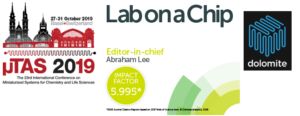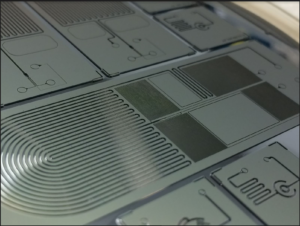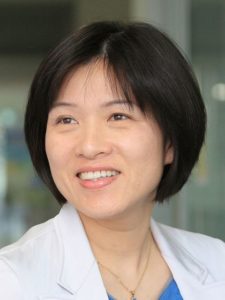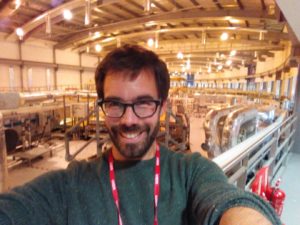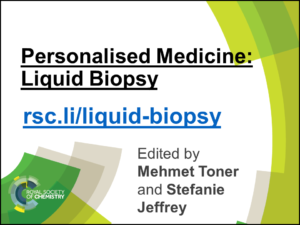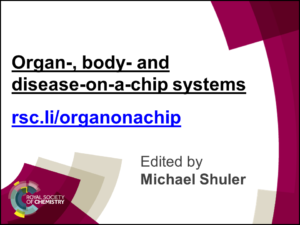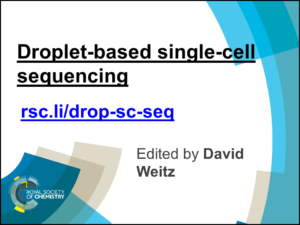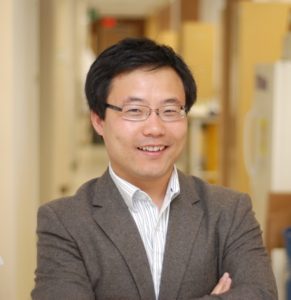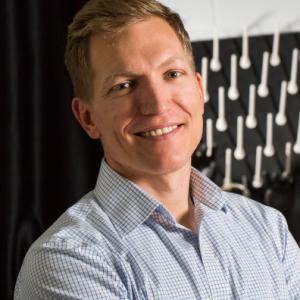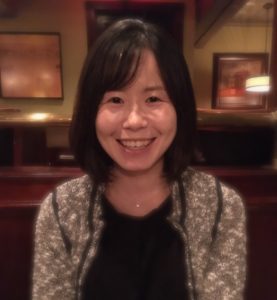 Dr. Jessie S. Jeon received her SB, SM, and PhD in Mechanical Engineering from Massachusetts Institute of Technology (2008, 2010, 2014), and worked as a research fellow at Beth Israel Deaconess Medical Center, (2014-2015). She has joined the KAIST faculty in the fall of 2015 as an assistant professor in the Department of Mechanical Engineering. Her research focuses on the development of microfluidic platform with applications in investigating biological systems. She plans to further develop the microfluidic system with the emphasis in fluidic aspects and also to extend its applications in mimicking various organ disease systems as well as other biological microenvironments. By doing so, she hopes to bridge the needs of biomedical research with the knowledge of mechanical engineering principles.
Dr. Jessie S. Jeon received her SB, SM, and PhD in Mechanical Engineering from Massachusetts Institute of Technology (2008, 2010, 2014), and worked as a research fellow at Beth Israel Deaconess Medical Center, (2014-2015). She has joined the KAIST faculty in the fall of 2015 as an assistant professor in the Department of Mechanical Engineering. Her research focuses on the development of microfluidic platform with applications in investigating biological systems. She plans to further develop the microfluidic system with the emphasis in fluidic aspects and also to extend its applications in mimicking various organ disease systems as well as other biological microenvironments. By doing so, she hopes to bridge the needs of biomedical research with the knowledge of mechanical engineering principles.
Read Jessie S. Jeon’s Emerging Investigator article “On-chip phenotypic investigation of combinatory antibiotic effects by generating orthogonal concentration gradients“ and find out more about her in the interview below:
Your recent Emerging Investigator Series paper focuses on on-chip phenotypic investigation of combinatory antibiotic effects. How has your research evolved from your first article to this most recent article?
My group first worked on microfluidic-based single antibiotic testing platform where we could reduce the time it takes for antibiotic susceptibility testing (AST). As we learn more about AST, we realized that recently most studies on antibiotics focus on investigation of combinatory antibiotic effects. Since microfluidic platform enables combination of multiple channels, it was quite natural to try a combination of antibiotics in one chip.
What aspect of your work are you most excited about at the moment?
Broadly speaking, I am excited that we could potentially utilize our platform to screen for personalized medicine. That is to screen for patient specific therapy using microfluidic platform. The thought that our technology would contribute to enhance our lives definitely motivates me working on this topic.
In your opinion, what is the future of chip-based screening for clinical therapies?
I believe that with the development of lab-on-chips, we would be able to screen for the most optimal therapeutic strategy using a patient’s own cells, and this technology would bring the biggest impact to the society. This includes selection of strategy in terms of therapeutic methods as well as possibility in combinatory therapy either for antibiotics or anti-cancer drugs. That is also in line with my answer for the question above that I am very excited for the opportunities in personalized medicine with lab-on-a-chip technology.
What do you find most challenging about your research?
As a researcher in an interdisciplinary field, it is always challenging for me to identify meaningful biological and biomedical questions that I can address with my expertise. I realize that it is very important to keep keen relationships with clinicians and biologists.
In which upcoming conferences or events may our readers meet you?
I plan to attend the 2019 Annual Meeting of the Biomedical Engineering Society in coming October.
How do you spend your spare time?
I enjoy playing a variety of sports, mostly tennis these days, and I also try to spend more time with family on short trips whenever possible.
Which profession would you choose if you were not a scientist?
Perhaps I would be serving in military as I briefly took a part in the ROTC program when I was in college.
Can you share one piece of career-related advice or wisdom with other early career scientists?
While I’m still in a position needing much advice from others, I would like to share my thought that if you don’t give up, there will be opportunities to come.











